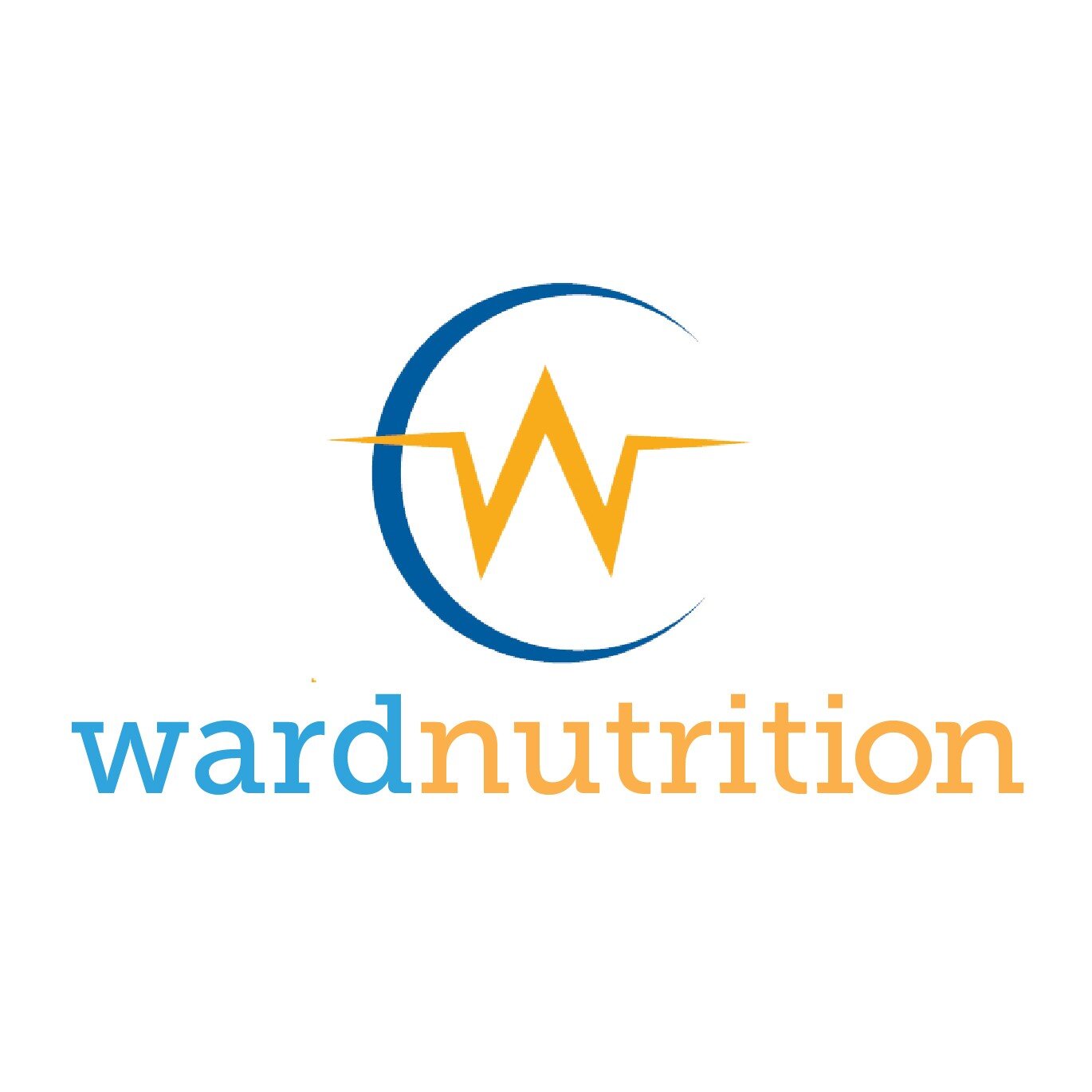Plant Proteins: Why they’re important & how to get more of them in your diet
WHY PLANT PROTEINS
Research has always shown that plant-based protein are important, but why? Well, plant proteins are full of anti-oxidants and fibre, a few things most Aussies are not getting enough of. Foods such as tofu, beans, nuts, seeds, chickpeas and other legumes or soy products all count in this category. Increasing plant proteins in your diet has been shown to reduce your risk of getting:
Cancer
Heart disease
Diabetes
Diverticulitis
Plant proteins also improve your gut health through their fibre and phytonutrients (these are plant chemicals that protect you from disease – think “fight”o nutrients). Your gut bacteria feed on the undigested fibres and phytonutrients and produce highly beneficial byproducts called short chain fatty acids (SCFAs). SCFAs have been shown to have numerous benefits on heart health, mental health, and more.
PLUS they’re a cheap pantry staple!
HOW TO INCLUDE PLANT PROTEIN IN MY DIET
If you are unfamiliar with plant proteins, we don’t blame you! It can be hard navigating an unknown space. Here are 6 ways you can experiment with pantry staple plant proteins:
1. Swap half your beef mince out with TVP (texture vegetable protein). Just rehydrate the TVP in a 1:1 ratio with stock or hot water with a dash of soy sauce for that umami flavour.
2. Add black beans to your Mexican mince
3. Smash some chickpeas into your tuna sandwich
4. Add some nuts onto a high protein yoghurt for a snack
5. Puree butterbeans or cannellini beans to make a ‘mash’
6. Add lentils into your Bolognese sauce
If your diet is relatively low in fibre, start small and work your way up to avoid gastrointestinal symptoms.
Unsure about your diet quality? OrWant to learn more about adding more plant proteins in your diet or how to improve our protein intake with a vegetarian or vegan diet? Make an appointment with one of our friendly dietitians at Ward Nutrition. Book now or enquire by emailing ward nutrition or phoning our admin team on 02 6362 9806 .

